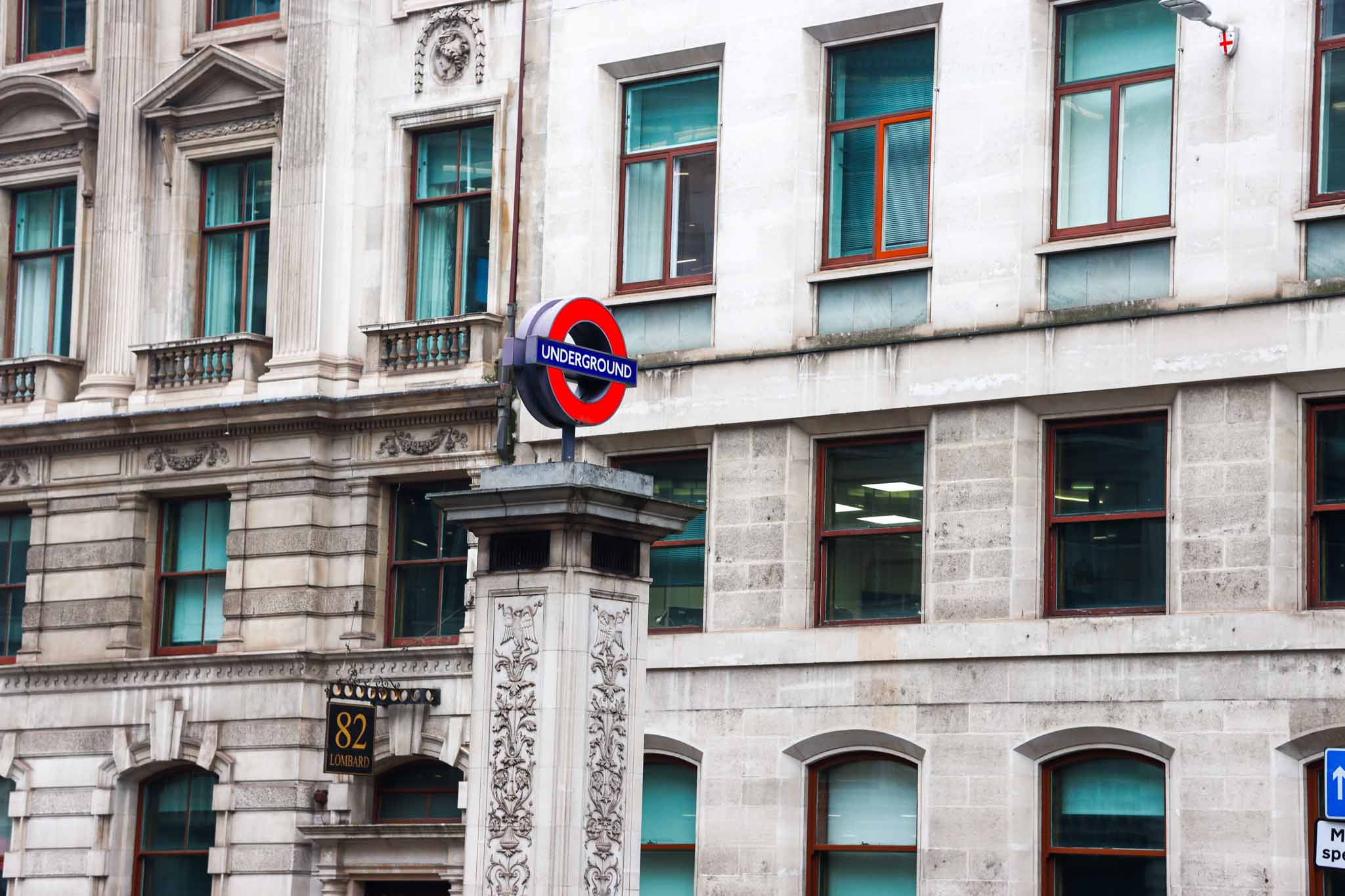
Account Freezing and Forfeiture Orders and Proceedings
Sonn Macmillan Walker has extensive experience over recent years challenging these civil orders
Account Freezing Orders (AFrO’s) and Account Forfeiture Orders (AFO’s) are a recent popular tool used by UK law enforcement that, if granted, can have far reaching day-to-day implications for individuals and businesses. It is essential that, if you receive an application or court order, you immediately seek out expert independent professional advice and assistance.
What is an AFrO?
An AFrO is an order granted by the magistrates’ court to freeze a UK bank or building society account with a credit balance of £1,000 or more.
Prior to amendments to the Proceeds of Crime Act 2002, the contents of bank and building society accounts could be confiscated following a criminal conviction or recovered under civil recovery powers where the value was more than £10,000 and on an application to High Court.
Where neither of these conditions applied, there was no formal mechanism for recovering funds. The change in the law, broadly based on the established cash forfeiture procedures, allows law enforcement in a cost-effective manner to expeditiously ‘go after’ even very large credit balances.
What is the procedure for obtaining an AFrO?
In many cases AFrO’s originate from a suspicious activity report (SAR) made by a bank or building society. A SAR is made to the National Crime Agency where it is suspected that an account is being used in connection with criminal activity.
Once a SAR is sent to the NCA, the financial institution will restrict the account and cannot by law ‘tip off’ the account holder as to the reason why the account - including often online banking facilities - cannot be accessed. This can be infuriating for the account holder who is left in the dark as to why funds cannot be withdrawn.
AFrO’s applications are brought by law enforcement agencies attempting to preserve the ‘frozen funds’ while they investigate the origins of the funds and/or the intended use of the funds.
The court may make this freezing order if satisfied there are ‘reasonable grounds to suspect’ the funds are recoverable property (i.e., property obtained through unlawful conduct) or intended for use in unlawful conduct. This is an objective test and there must be a link between the suspicions and the funds in question.
These orders are usually sought and granted without the account holder(s) being given notice (‘ex parte’) and so the first a person may learn of this court order is when they receive a letter or email from the financial investigator who has made the application.
When considering whether to grant such an order, the court should very carefully scrutinise the contents of the application, including whether the applicant has complied with its duty of disclosure and candour, and whether the length of the order sought is justified by the complexity of the outlined frozen funds investigation, e.g., whether there will be overseas enquiries.
How long can an AFrO remain in force?
An AFrO may remain in force for up to 2 years if there continue to be reasonable grounds to suspect the frozen funds and the investigation is being conducted diligently and expeditiously.
The account holder can voluntarily provide the investigator with information to allay suspicions but the threshold to freeze is low and the evidence and explanation must be comprehensive, which is expert legal advice should be sought.
How can I pay my living and business expenses if my bank account is frozen?
The account holder can seek to vary the freezing order or apply to draw down reasonable living expenses (e.g. including mortgage payments) and legal fees (unlike in cash forfeiture cases) or access funds to enable the continuation of a business.
What is an AFO?
At any point before the expiry of the two-year AFfO period, the law enforcement authority can apply for the forfeiture of the frozen funds in full or in part. The magistrates’ court must be satisfied on the balance of probabilities that the frozen funds is recoverable property or intended for use in crime before ordering its forfeiture.
In a contested forfeiture hearing, the court will be presented with competing explanations for the source of the disputed frozen funds and expert evidence, such as a forensic account, may be called.
If the court does not grant the forfeiture application, the account holder may still find the bank or building society nevertheless decides to close the account.
Whether you want to vary a freezing order to obtain living expenses or continue running your business or full contest a forfeiture application, it is important not to delay in seeking our independent legal advice in relation to these proceedings.
Please contact David Bloom if you wish to speak about account freezing and asset forfeiture.
Notable Cases
Our recent cases in this area.


















